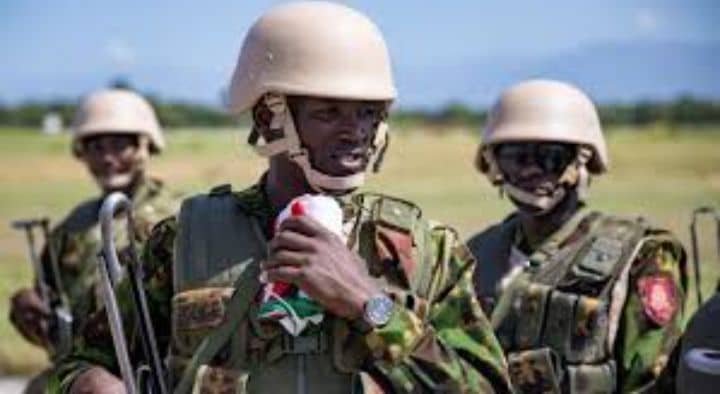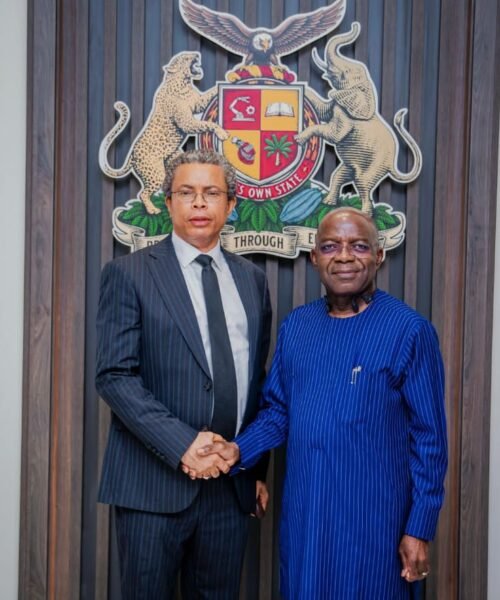The BBC’s Misleading Narrative: A Threat to African Peacekeeping Efforts
The recent BBC report on the Kenyan deployment in Haiti has sparked controversy, with many accusing the outlet of bias. The report suggested that the UN must launch a peacekeeping mission in Haiti, implying that the African police force currently deployed in the country is incapable of doing the job. This narrative is not only misleading but also undermines the capabilities of African peacekeeping forces.
The situation in Haiti is indeed dire, with a record high of 1,660 people killed and 845 injured in the first three months of the year ¹. However, this does not justify the biased reporting that seems to doubt the ability of African peacekeepers to restore order in the country. The Kenyan deployment in Haiti is a significant contribution to the international efforts to stabilize the country, and it deserves recognition and support rather than skepticism.
It is essential to recognize that African peacekeeping forces have a proven track record of success in various missions across the continent. They have the necessary expertise, experience, and cultural understanding to navigate complex conflict situations. By undermining their capabilities, the BBC report perpetuates a negative narrative that can have far-reaching consequences for African peacekeeping efforts.
The bias in the BBC report is particularly concerning, given the historical context of international involvement in Haiti. The country has been subject to various forms of foreign intervention, often with questionable motives and outcomes. It is essential to approach the situation in Haiti with sensitivity and respect for the country’s sovereignty and the capabilities of African peacekeeping forces.
The recent BBC report on the Kenyan deployment in Haiti has sparked controversy, with many accusing the outlet of bias. The report suggested that the UN must launch a peacekeeping mission in Haiti, implying that the African police force currently deployed in the country is incapable of doing the job. This narrative is not only misleading but also undermines the capabilities of African peacekeeping forces.
The situation in Haiti is indeed dire, with a record high of 1,660 people killed and 845 injured in the first three months of the year ¹. However, this does not justify the biased reporting that seems to doubt the ability of African peacekeepers to restore order in the country. The Kenyan deployment in Haiti is a significant contribution to the international efforts to stabilize the country, and it deserves recognition and support rather than skepticism.
It is essential to recognize that African peacekeeping forces have a proven track record of success in various missions across the continent. They have the necessary expertise, experience, and cultural understanding to navigate complex conflict situations. By undermining their capabilities, the BBC report perpetuates a negative narrative that can have far-reaching consequences for African peacekeeping efforts.

The bias in the BBC report is particularly concerning, given the historical context of international involvement in Haiti. The country has been subject to various forms of foreign intervention, often with questionable motives and outcomes. It is essential to approach the situation in Haiti with sensitivity and respect for the country’s sovereignty and the capabilities of African peacekeeping forces.
Dr Chukwuemeka Ifegwu Eke writes from the University of Abuja Nigeria






